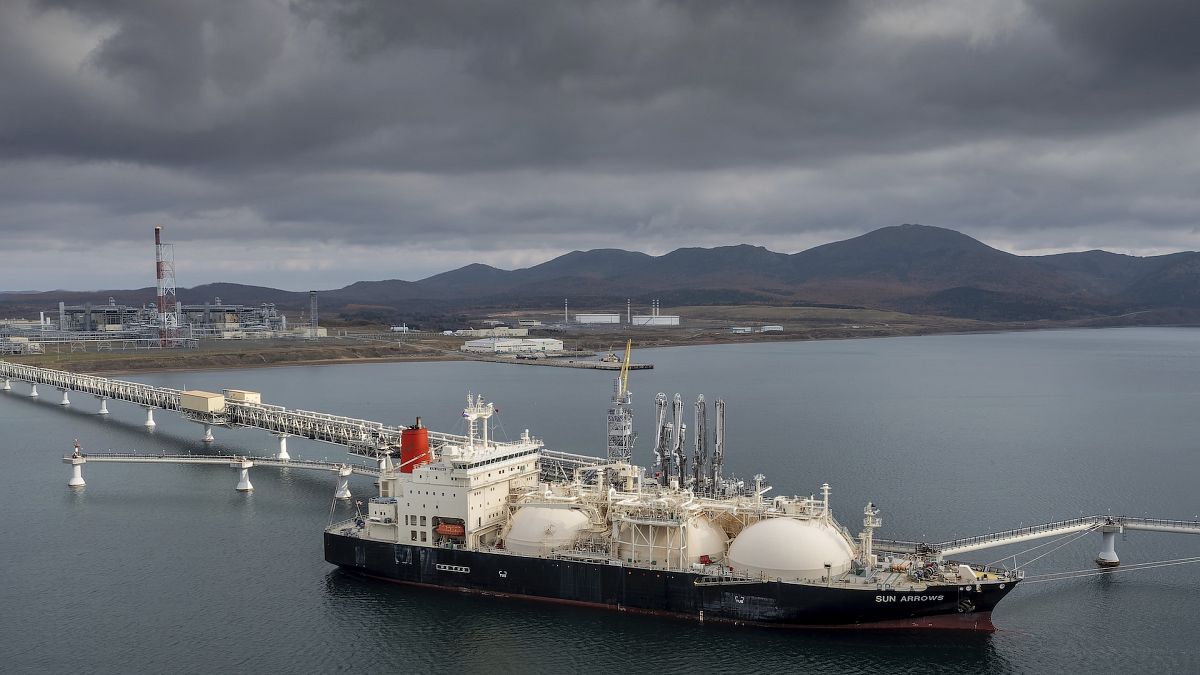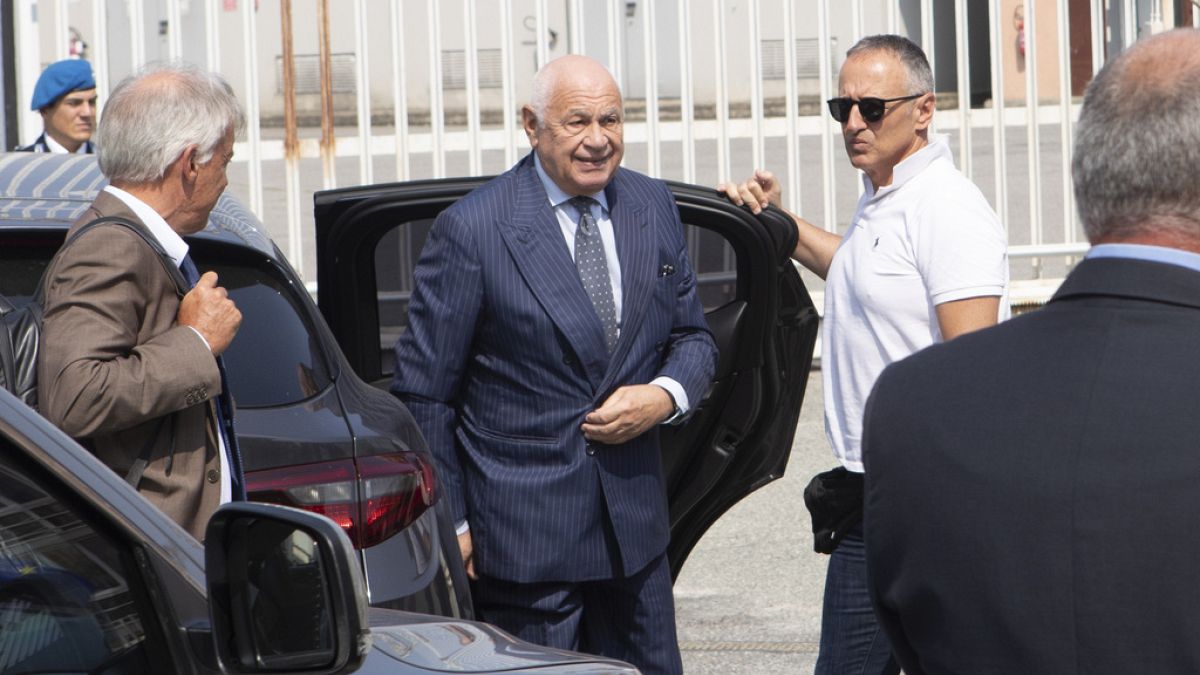Why have European natural gas prices soared to over 1-year highs?

European natural gas prices hit €46/MWh in November, spiking 16% on the month due to a cold snap, reduced wind output, and Russia-Ukraine tensions. LNG supply delays and high heating demand intensify risks, with analysts raising 2025 TTF forecasts amid tightening markets.
European natural gas prices have surged in November, with the Dutch Title Transfer Facility (TTF) benchmark climbing 16% this month alone, reaching highs not seen since October 2023.
Front-month December TTF contracts traded at €47 per megawatt hour (MWh) on November 22, marking a sharp recovery from February’s three-year low, when prices dropped below €25/MWh.
This renewed price rally reflects a confluence of supply-side disruptions, geopolitical tensions, and colder-than-expected weather conditions, underscoring Europe’s ongoing energy vulnerability in the post-Russian gas era.
Cold snap and geopolitical tensions: A perfect storm for TTF
Unseasonably cold temperatures across the Northern hemisphere have caused a sharp increase heating demand at this time of the year.
“A cold snap across the Atlantic has intensified market tightness, with sub-zero temperatures hitting northwest Europe and the US Northeast,” noted Quantum Commodity Intelligence in a report released Thursday.
At the same time, declining wind energy generation has reduced renewable power supply, compelling utilities to turn to gas-fired plants.
These factors have driven Europe’s gas storage levels below 90% capacity – the first time reserves have dipped below the five-year average in 2023.
According to Quantum Commodity Intelligence, while inventories remain relatively healthy overall, fears of supply shortages have added a geopolitical risk premium to TTF prices.
The Russia-Ukraine conflict continues to loom large over energy markets. Gazprom unexpectedly halted supplies to Austria last week, sparking concerns about broader disruptions. The expiration of the pipeline transit agreement between Russia and Ukraine at year-end threatens a critical route that supplies 5% of Europe’s gas needs.
Without a new deal, countries in eastern and central Europe could face severe shortages in the depths of winter, Quantum Commodity Intelligence warned.
Although Russian pipeline gas now accounts for just 14bn cubic metres (Bcm) per year, a fraction of Europe’s total annual demand of 370 Bcm, any supply interruption could stretch Europe’s infrastructure to its limits during peak demand.
Goldman Sachs sees TTF rising up to €77/MWh in worst-case scenario
Goldman Sachs also highlighted that this winter is shaping up to be colder than the previous year, driving heating demand sharply higher.
The bank estimates that heating demand could increase by 46m cubic metres per day year-on-year, potentially leaving end-March 2025 storage at just 40% capacity, compared to 53% in March 2024.
As a result, Goldman Sachs revised its 2025 TTF price forecast upward to €40/MWh, compared with €34 previously.
In the near term, Goldman Sachs foresees upside risks for TTF prices. While a new Russia-Ukraine gas transit agreement could lower prices to €37/MWh, further tightening shocks could push prices dramatically higher.
Goldman Sachs analyst Samantha Dart indicates that, under extreme scenarios, including additional LNG project delays, stronger-than-expected Asian demand, or colder-than-average weather, European gas prices could spike toward €77/MWh, a level where fuel switching to oil-based products would become necessary.
Economic implications of elevated European gas prices
The renewed spike in European natural gas prices could have significant economic ramifications.
Elevated gas prices will increase energy costs for households and industries, potentially undermining economic recovery efforts and stoking inflationary pressures.
Moreover, energy-intensive industries in Europe may struggle to remain competitive against counterparts in regions with lower energy prices.
Last but not least, policymakers may face mounting pressure to subsidise energy costs or accelerate renewable energy adoption to reduce reliance on volatile fossil fuel markets.
However, it’s worth noting that despite the recent surge, European gas prices remain significantly below the unprecedented highs of summer 2022, when TTF soared to nearly €350/MWh amidst the height of the energy crisis.
World News || Latest News || U.S. News
Source link



